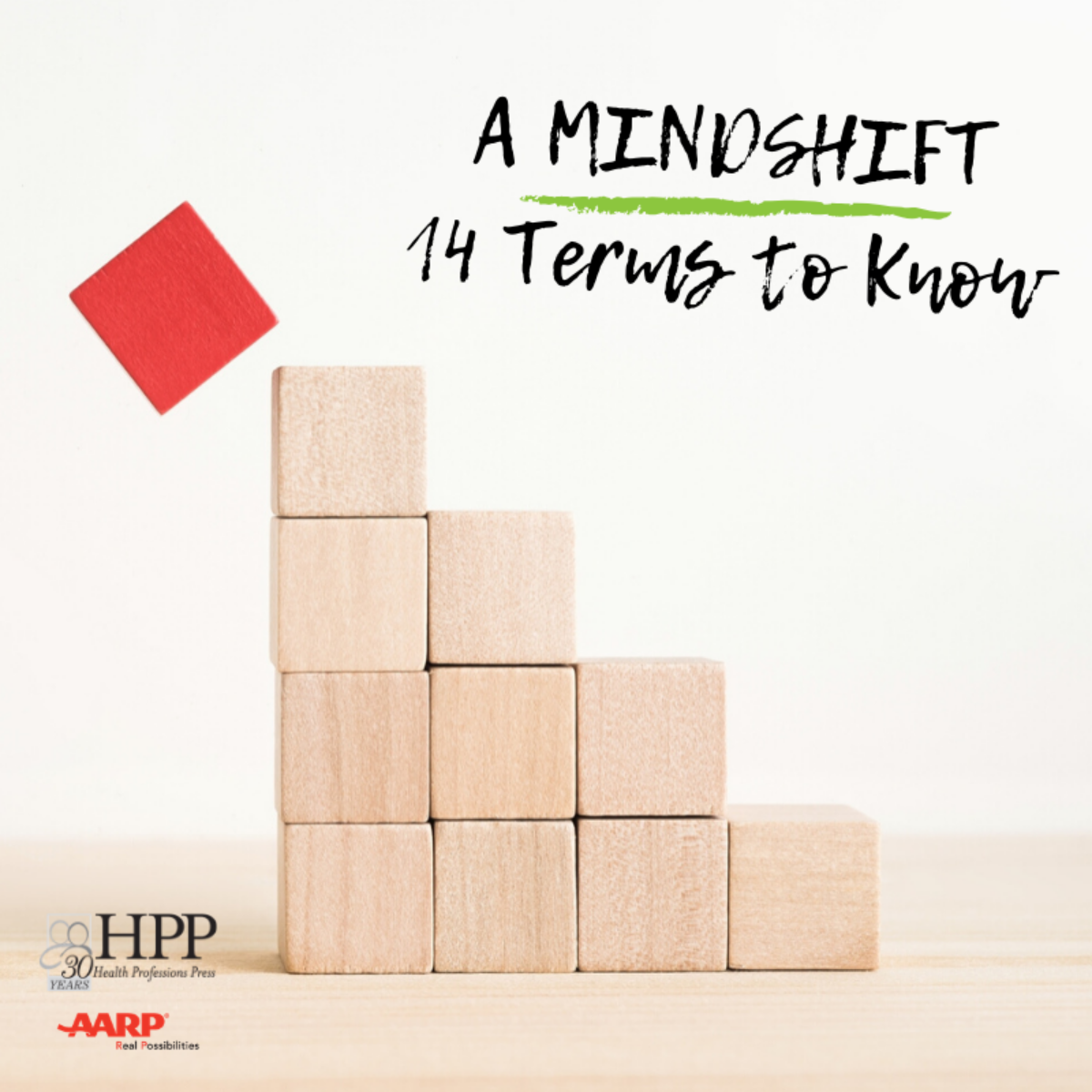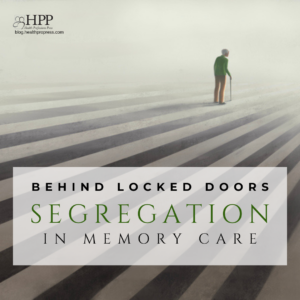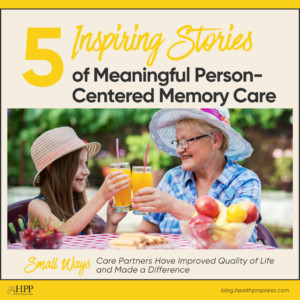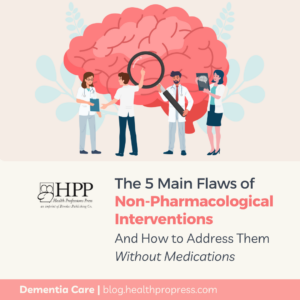
A Mindshift: 14 Terms to Know
What holds us back in transforming senior living? In Disrupting the Status Quo of Senior Living: A Mindshift, author Jill Vitale-Aussem says it is a combination of societal views on aging, the persistence of institutional culture in every level of living, and communities that continue to operate based on processes and policies infused with paternalism, ageism, and antiquated thinking. To truly transform senior living, we need a MINDSHIFT. Here are some critical terms for guiding important new conversations.
SENIOR LIVING
Congregate living for older people. Includes nursing homes, assisted living, memory support, senior housing, and retirement communities/life plan communities.
HOSPITALITY MODEL
An approach to senior living modeled after hotels and resorts, usually geared toward customer service and amenities.
STATUS QUO
The commonly accepted approach. The current state. The way we’ve always done things.
AGEISM
Stereotyping, discrimination, and social prejudice based on a person’s age.
ABLEISM
Stereotyping, discrimination, and social prejudice based on a person’s cognitive or physical abilities.
PATERNALISM
Acting for the good of another person without that person’s will or consent.
INSTITUTIONAL APPROACHES
A model of care focused mainly on efficiency, tasks, and the medical model involving little or no choice or voice of the people who provide direct care or receive services.
SEGREGATION
In senior living, this refers to the physical and social separation of those needing different or higher levels of care and support (i.e., nursing home residents and individuals living with dementia).
SURPLUS SAFETY
The tendency to look only at the downside or negative risk of a situation. (Coined by Drs. Bill Thomas and Judah Ronch.)
CULTURE CHANGE
An organizational transformation moving from an institutional to a person-directed approach to care and support.
PERSON-DIRECTED APPROACH
A model of care and support in which the people receiving care and support exercise choice and self-determination in every aspect of daily life and have influence on their larger community.
AUTONOMY
Having choice, self-determination, and freedom.
INCLUSIVE CULTURES
A culture in which everyone is honored, accepted, and included. This is in contrast to the traditional model of senior living, which marginalizes or segregates those living with different abilities and needs from the rest of the population.
ADAPTIVE WORK
Work that requires a shift in values, beliefs, roles, and relationships. Requires change throughout an entire organization and includes those who work closest to the problem or challenge.
Source: Disrupting the Status Quo of Senior Living: A Mindshift, by Jill Vitale-Aussem, MMH, LNHA (Health Professions Press, Inc./AARP, 2019) © 2019 by HPP. All rights reserved. Visit mindshift.healthpropress.com.





Add comment